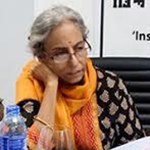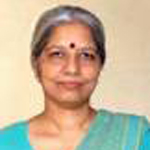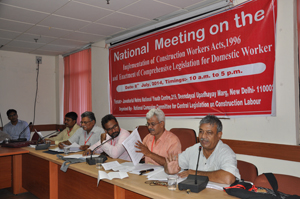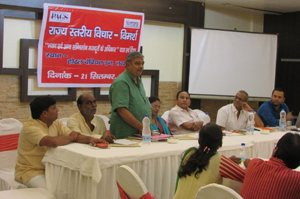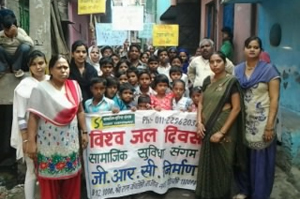
Our Genesis
Established in 1988, NIRMANA initially provided logistic support to the National Campaign of Construction Workers, ensured participation of Construction Workers in the National Campaign by developing ties with them through awareness generation and providing child care, education, health care services, legal aid etc across the slums of North-West District.
Subsequently NIRMALA NIKETAN, a Domestic Workers collective was promoted to assist the tribal women and young girls who migrate or are trafficked for domestic work to Delhi and other urban centres.
Now, NIRMANA addresses advocacy for social security and livelihoods space amongst unorganised sector workers to achieve its overall vision of 'Building an Inclusive India'.
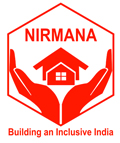
Vision
An inclusive India where all unorganised sector workers are empowered to achieve social security and dignified livelihoods
Mission
NIRMANA will build an active eco-system for the unorganised sector workers in India. It will:-
• Empower unorganised sector workers to initiate and lead people's organisation and movements for social security and dignified livelihoods.
• Collaborate with other networks, movements, organisations and initiatives for policy and systemic change.
• Promote advocacy, education and public awareness programmes for governments, employers and citizens to become allies of India's unorganised sector workers.
Values
• Inclusion
o Keep unorganised sector workers at the core of all decisions and actions.
o Foster unorganized sector workers to engage and exercise leadership, in a movement that is their own.
o Facilitate inclusion, voice and participation of our communities in NIRMANA's strategic and operational direction.
• Commitment
o Through long term, sustained and immersive commitment to the unorganised sector worker.
o Go beyond legislation to universal policy implementation.
o Go beyond one sector of unorganized workers (construction workers) to other more marginalized groups (domestic workers).
• Dignity & Respect
o Practise the belief and behaviours of dignity and respect towards all stakeholders.
OUR TEAM
-

Mr Subhash Bhatnagar
Chief Functionary
-

Ms Chinmayee Samal
Program Associate
-
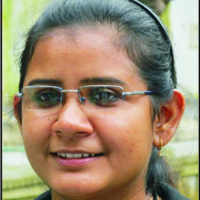
Ms Preeti Upadhyay
Manager - HR & Finance
-

Mr Balajee Mishra
Program Associate
(Jharkhand) -
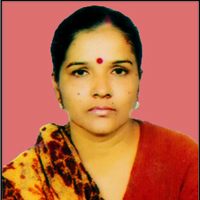
Ms Madhuri
Peer Educator
-
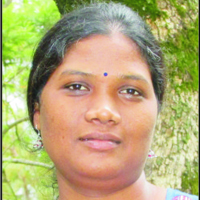
Ms Bibiyani Minj
Peer Educator
-
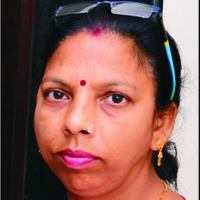
Ms Suman Gupta
Peer Educator
-
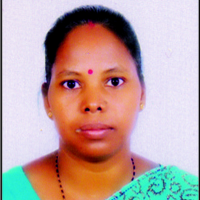
Ms Adriyana
Admin Assistant
-

Mr Prem Chand
Peer Educator
-

Mr Anup Oraon
Peer Educator (Jharkhand)
-

Mr Akhilesh Kumar
Peer Educator
-

Mr Chhotan Das
Accountant
-

Ms Anita Lakra
Project Coordinator
-

Sunita
Driver
Our Work
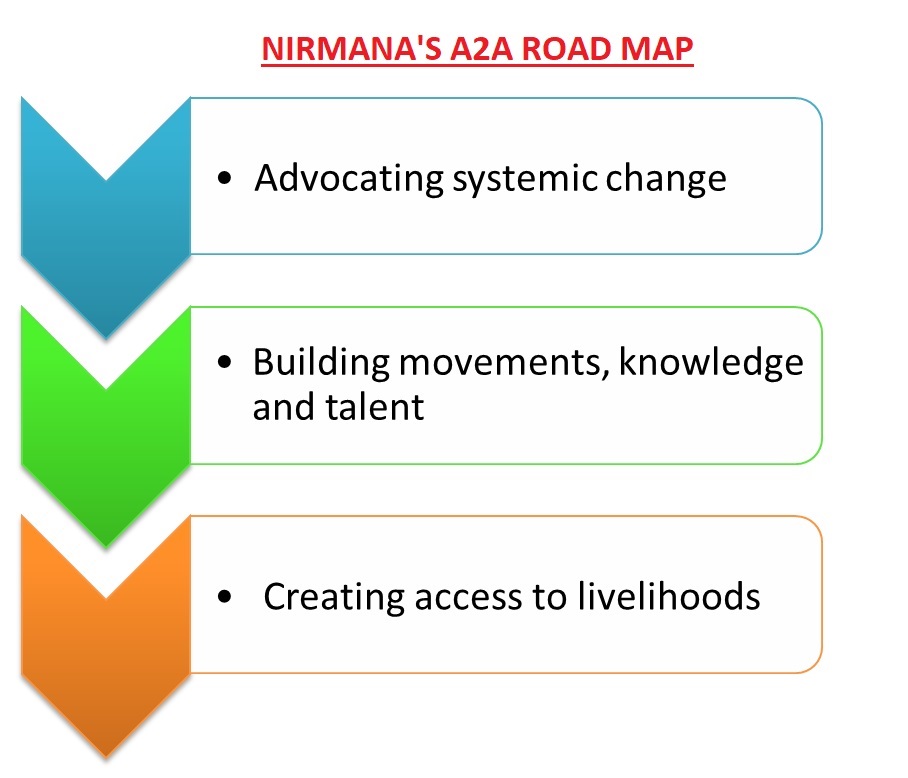
In order to achieve its mission, NIRMANA addresses the entire continuum of Advocacy-to-Access (A2A) for unorganised sector workers.
Over the years, NIRMANA has realigned its activities to build campaigns / movements and also address the last mile - the real business of creating access to livelihoods; direct services like enrolment, skilling and implementing programmes.
NIRMANA organises its work for unorganised sector workers in the following three critical areas :-
• National Campaigns to provide a voice to the unorganised sector workers.
• Public Education and Policy Change to create awareness amongst all stakeholders, policy review and
advocacy.
• Dignified Livelihoods through skill building, vocational training, placement services and entrepreneurial development.
National Campaigns
National Campaign Committee – Construction Labour (NCC CL)
• Under the Chairmanship of former Supreme Court judge Justice V.R. Krishna Iyer, NCC- CL was recognized for the first time in 1985. NCC-CL observed that almost all existing labour and social security legislation had been designed solely for the organised sector.
• In the case of unorganised sector, employer-employee relationship keeps changing which made existing labour laws redundant. Therefore, a new paradigm of a Tripartite Board [a body that gives representation to employers, employees and government] to fill the gap left behind by the absence of any 'management' in this sector was initiated.
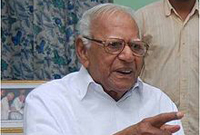
Late Justice VR Krishna Iyer, Our Inspiration
• NCC-CL played a crucial role in coordinating and maintaining long-term linkages amongst Central Trade Unions and independent organisations representing Construction Workers. NIRMANA's support to the NCC-CL campaign in the form of a secretariat to coordinate logistics and administrative aspects was critical to enactment of the following Central Legislations:-
o The Building and Other Construction Workers (Regulation of Employment and Conditions of Service) Act 1996, (27 of 1996).
o The Building and Other Construction Workers Welfare Cess Act, 1996 (28 of 1996).
• NCC-CL approached the Supreme Court of India through a Public Interest Litigation (PIL) in 2006, to ask for directives for immediate and full implementation of the 1996 Acts across the country. By 2012, Supreme Court's monitoring of implementation of BOCW Acts resulted in setting up tripartite boards in all 35 States and Union Territories. Finally, a path-breaking final judgement has been passed in 19 Mar 2018 which gives specific directions to the Central, State Governments and UTs. Click to read
NCC-CL ensured that the core provisions of the BOCW Acts and the State/UT level tripartite boards are continued separately under the four Labour Codes system enacted by the Parliament in 2010.
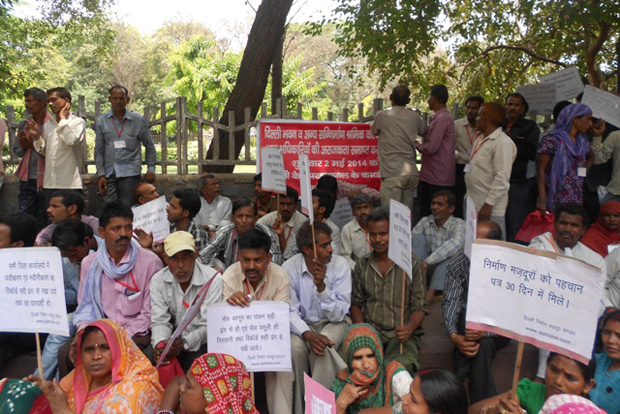
Rally of Construction Workers (2004)
National Campaign Committee – Unorganized Sector Workers (NCC-USW)
• NIRMANA supports the National Campaign Committee for Unorganised Sector Workers to ensure effective legislation is passed by Parliament in accordance with the recommendations of the Second Labour Commission.
• NDA Government came out with different versions of the social security bills for the Unorganised Sector, none of which were sufficient to achieve the targeted goals. The NCC-USW submitted a petition signed by over one million Unorganised Sector Workers to be Petition Committee of Lok Sabha on the back of a rally of 20,000 Unorganised Sector Workers to the Parliament. A detailed Bill on social security of the Unorganised Sector Workers was also submitted directly to the Prime Minister.
• Logistic support for NCC-USW has played a crucial role in this policy debate, as there is no other open platform in the country which is willing to keep the focus on genuinely implementable social security along with employment regulation legislation for Unorganised Sector Workers.
• Our Labour Codes
NCC-USW plans to bring together all those segments of Unorganised Sector Workers who have been left out of the four Labour Codes to demand a fifth Labour Codes to provide Universal Social Security
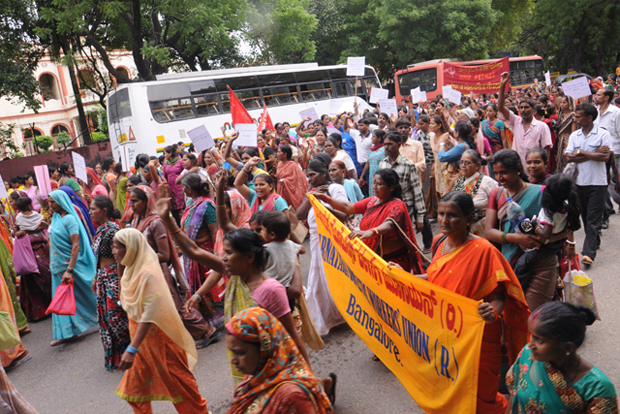
March to Parliament (2006)
National Platform for Domestic Workers (NPDW)
• This platform was created in 2012, comprising of several domestic workers collectives and member-based organisations from around the country that are demanding comprehensive legislation. The coordinated effort across the country is focussed on getting the Government of India to ratify ILO Convention 189 on 'Decent Work for Domestic Workers' passed in June 2011.
• There have been signature campaigns all over the country with worker organisation attempting to sensitise their local MPs on the issues affecting this often marginalised and vulnerable section of workers, with the hope they will raise it in Parliament.
• NPDW has brought out a draft Domestic Workers Bill (Regulation of Work and Social Security), 2017 bill which has been given to the petition committee of the Rajya Sabha. Click to read
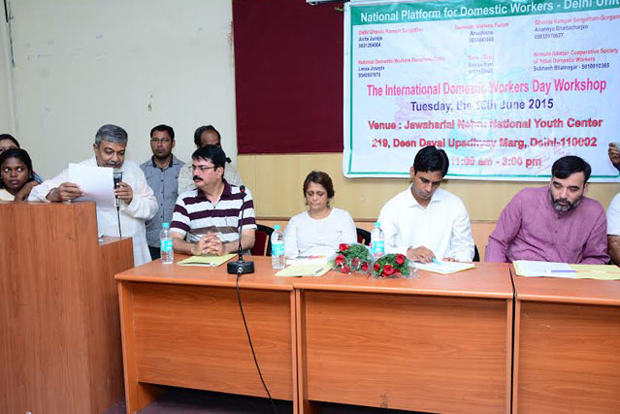
NPDW Meeting attended by Labour
Minister, Delhi Govt (2015)
Public Education and Policy Change
• Research : Assists and mentors research students on various topics pertaining to unorganised sector workers.
• Enrolment and registration : Supports the enrolment and registration of construction workers and domestic worker through community mobilisation efforts.
• Launching Change Agents: NIRMANA believes effective leadership is essential to further the campaign to secure the rights of unorganised sector workers. We celebrate and launch change agents through various programmes:-
• Internships
• Fellowships
• Leadership Academy for Construction Workers, Domestic Workers, Gig Workers, Platform Workers and Other Unoganised Sector Workers.
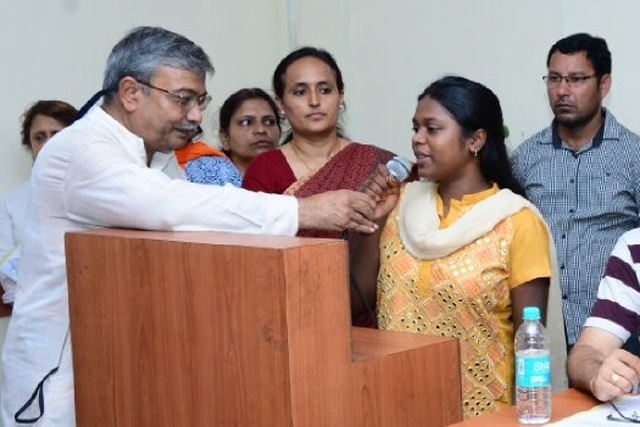
Domestic Worker Leader Shares Her Views
Dignified Livelihoods
After getting a deeper understanding of the working conditions of migrant domestic workers, we realised the need to provide them a sustainable future. Towards that goal, NIRMANA has developed livelihood skills training programs both at places they originate from as well as at their destination (urban centres). Accordingly, NIRMANA has taken up following livelihood programmes at these locations:-
• Jharkhand
o Handloom Weaving centre
o Non-Timber Forest Produce (NTFP) like Lac processing
• Delhi
o General Duty Assistant ( GDA ) Training
o Housekeeping for Domestic Workers
o Paining and Plumber Training for Construction Worker
o Basic Computer Training
o Brickling Training from recycling
.jpg)
Handloom Weaving Centre at Jharkhand
Recent Projects
Skills & Livelihood
Empowerment
Advocacy
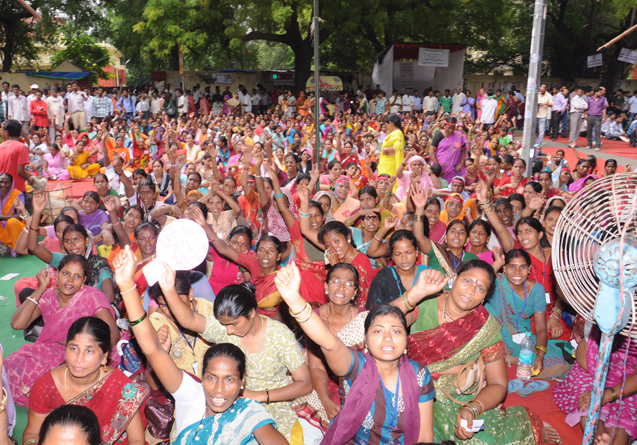
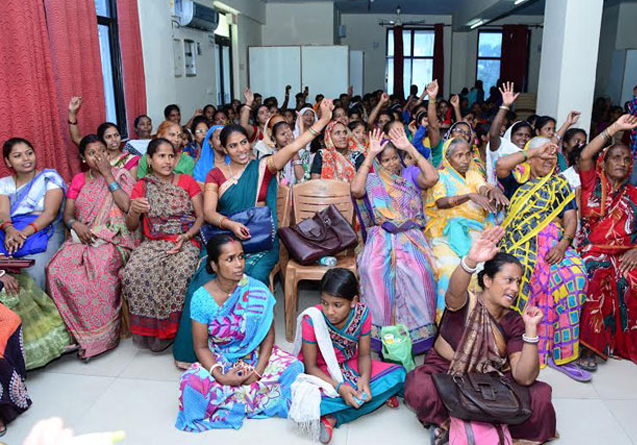
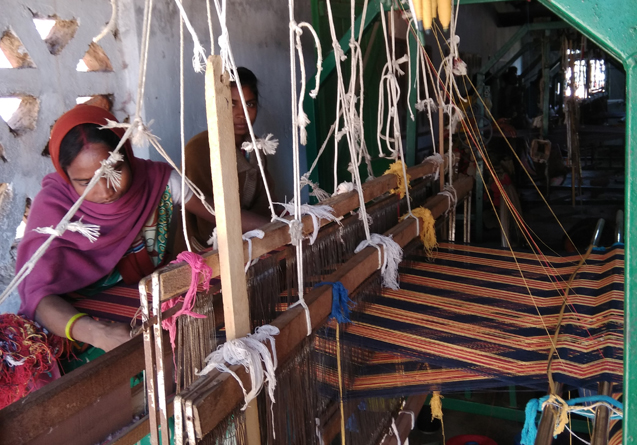
• Acuity : “Skilling Domestic Workers for Their Financial Stability and Dignified Livelihood” .
• Pravasi Bandhu : (Migrant Friends) – Supporting Migrant Support Centres at Source and Destination States in India to address COVID induced Migration.
• APPI : Strengthening of Migrant Construction and Domestic Worker Collectives to ensure effective Implementation of Supreme Court Orders.
Affiliated Organizations
• NIRMALA NIKETAN: In 1998, NIRMANA promoted NIRMALA NIKETAN as a Cooperative of migrant tribal girls working as in-house Domestic Workers in Delhi.
• NIRMALA NIKETAN played a key role in domestic workers demand for rights, dignity and justice. It also has prepared a draft legislation in line with ILO Convention (C-189) and Recommendations (R-201) to which India is a signatory.
• Apna Nirman Mazdoor (ANM) Cooperative Society: The ANM Co-operative of Construction Workers was organised in 1993 to consolidate individual contracts obtained to carry out construction work. NIRMANA expected a few individual contractors to take work in the name of the co-operative society but the concept failed. However, execution of construction work undertaken by the Apna Nirman Mazdoor Co-operative Society gave NIRMANA clearer insights on work ethics followed in the construction industry.
• Nirmana Federation
• Nirmala Niketan Farmer Produce company
• In 2017, Nirmala Niketan Gharelu Kamgar Cooperative Construction and Labour Society Ltd was registered that is involved in leadership building, skill-development, vocational training, and promotion of entrepreneurship amongst domestic workers.
• On 24-08-2018 Nirmala Niketan Gumla Bunkar Swamblambi Sahyog Samiti Ltd, Raidih was registered to provide weaving training pernial and work to the potential migrants and domestic workers returning from metro cities to Jharkhand as viable experiment. Co-operative society is now working towards skill up gradation of women construction workers, most affected by the introduction of mechanisation.
• ANM Co-operative society is now working towards skill upgradation of women construction workers, most affected by the introduction of mechanisation.
• Nirmala Niketan Gharelu Kamgar Cooperative Labour & Construction Society Ltd.

